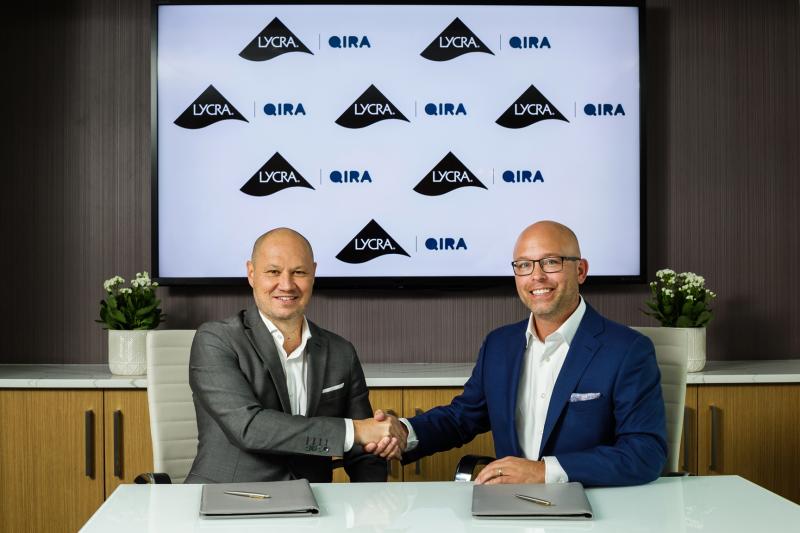My schedule this October is so tight, but I need to squeeze in these two announcements because it’s rare these days to receive information on bio-based succinic acid and bio-based 1,4-butanediol (BDO).
This brief news a month ago about TechnipEnergies acquiring DSM’s Biosuccinium® technology is very interesting to me, given that is currently the only known license technology for the production of bio-based succinic acid available on the market as far as I know. BASF/Corbion’s Succinity doesn’t seem to be active right now (also as far as I know) in this space. The owner of Myriant’s bio-succinic acid technology license (based in Thailand) is also quiet, while I am not sure if LCY Biosciences, which is actively producing bio-succinic acid in Canada, is also offering to license its bio-succinic acid production technology previously developed by BioAmber.
Roquette is currently using the Biosuccinium technology at its production facility in Cassano Spinola (Italy), and is actively marketing the product in various applications. TechnipEnergies’ acquired Biosuccinium license includes a wide range of patent families and proprietary yeast strains. TechnipEnergies also already possesses a licensing technology for the polymerisation of polybutylene succinate (PBS), so it makes sense that the acquisition of Biosuccinium technology will enable the company to leverage the whole PBS value chain.
While there have not been any announcements so far on PBS capacities in the Western market, there are definitely several announced PBS and PBAT (polybutylene adipate co-terephthalate) biodegradable plastic projects in Asia, especially in China, although most of these projects are expected to use 100% petro-based monomer feedstock (including succinic acid for PBS). Bio-succinic acid in China has more or less been able to compete in prices with maleic anhydride-derived succinic acid, especially when natural gas prices skyrocketed in the past few months. However, there are several ongoing maleic anhydride projects in China (with many of them going to use coal feedstock) that could alter the market dynamics for petro-based vs bio-based succinic acid. According to Tecnon OrbiChem analysis, around 1.37 million tpa maleic anhydride capacity is expected to come on stream around 2024. Many of these downstream projects will be associated with BDO production.
I do wonder that if regulatory bodies around the world, including China, will not distinguish the decarbonisation benefits of using bio-based intermediates, especially in the production of biodegradable/compostable plastics, we might see a surge in fossil-based biodegradable plastics capacity that could overwhelm biogenic-derived plastics industries such as PLA, PHA, bio-based PBS and PBAT and other biogenic-based biodegradable plastics.
Your thoughts?
Bio-based BDO projects, so far, are still rare. Italy-based Novamont remains the only bio-BDO producer worldwide, as far as I know. US-based Qore, the JV between Cargill and Helm, is building a 65 ktpa bio-BDO in Iowa (under the QIRA® brand) using the Geno (f0rmerly Genomatica) processing technology that Novamont is currently using in Italy. This capacity is expected to start in 2024. Qore is currently busy building offtake and product development partnerships for its incoming bio-BDO supply.
The latest announcement is with the Lycra Company to enable the world’s first large-scale commercial production of bio-derived spandex using QIRA® bio-BDO as one of its main ingredients. This will result in 70% of the LYCRA® fibre content being derived from annually renewable feedstock that could potentially reduce the carbon footprint of LYCRA® fibre by up to 44%* versus equivalent products made from fossil-based resources. The first renewable LYCRA® fibre made with QIRA® will be produced at The LYCRA Company’s Tuas, Singapore manufacturing site in 2024. The LYCRA Company is currently seeking commitments with brand and retail customers who are pursuing bio-derived solutions for their apparel.
I’m sure there will be more announcements to come from Qore.

The LYCRA Company signs an agreement with Qore® LLC to enable large-scale production of bio-derived spandex.
Discussion
Comments are closed.